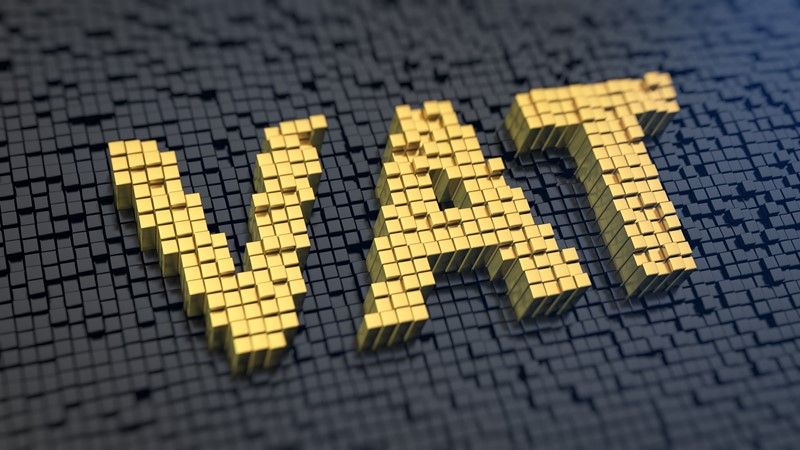Sharing income from jointly held property
The standard tax treatment for couples living together, whether married or in a civil partnership, is that income from jointly held property is split equally (50:50) between them, regardless of their actual ownership shares.
However, if the ownership is unequal and the couple wishes to have the income taxed in proportion to their respective beneficial interests, they must formally notify HMRC. This is done by submitting HMRC’s Form 17, which declares the true beneficial ownership split of the property and the associated income.
A Form 17 declaration can only be submitted by spouses or civil partners who are living together and jointly own property in unequal shares. It does not apply to unmarried couples, those who are separated, or other relationship types.
The declaration must be agreed upon and signed by both parties. If one partner does not consent, the income will continue to be taxed on a 50:50 basis, regardless of how the property is actually owned.
Once accepted by HMRC, a Form 17 declaration remains effective until there is a change in the couple’s relationship status (e.g., separation or divorce) or in the ownership structure of the property. In such cases, the default 50:50 split will be reinstated.
It is important to note that Form 17 cannot be used in certain situations—for example, when property is owned as beneficial joint tenants, or where the income derives from shares in a close company or a business partnership.
Where applicable, submitting Form 17 can provide valuable tax advantages by aligning the taxation of property income with the actual economic ownership.
We would be happy to help you ensure you are making the most of your property income structure, please call if you would like to discuss your options.




